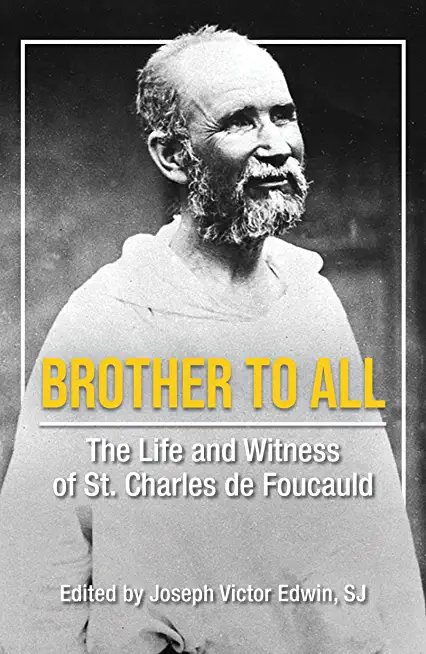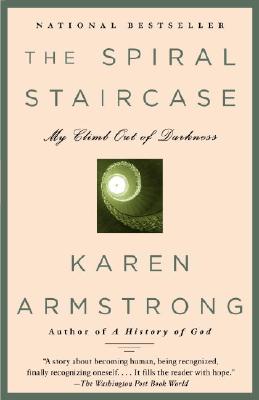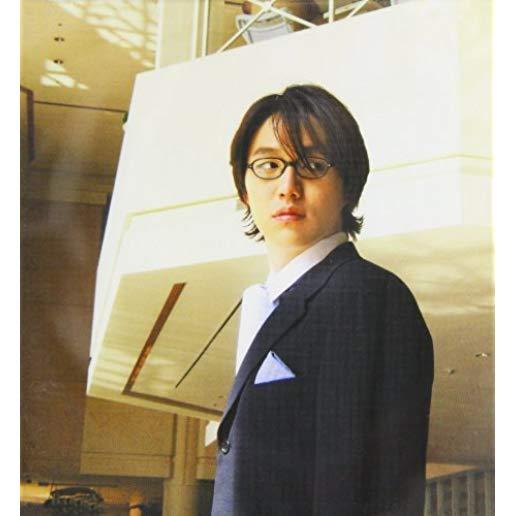
description
5How should we construct sacred spaces, the places where we worship? Transcending Architecture considers the mysterious, profound, and real power of designed environments to address the spiritual dimension of our humanity. By incorporating perspectives from within and without architecture, the book offers a wide, critical, and nuanced understanding of the lived relationship between the built and the numinous worlds.
Far from avoiding the charged issues of subjectivity, culture and intangibility, the book examines phenomenological, symbolic and designerly ways in which the holy gets fixed and experienced through buildings, landscapes, and urban forms, and not just in institutionally defined religious or sacred places. Acknowledging that no individual voice can exhaust the topic, Transcending Architecture brings together a stellar group of scholars and practitioners to share their insights: architect Juhani Pallasmaa and philosopher Karsten Harries, comparative religion scholar Lindsay Jones and architectural theoretician Karla Britton, sacred architecture researcher Thomas Barrie and theologian Kevin Seasoltz, landscape architect Rebecca Krinke and Faith & Form magazine editor Michael Crosbie, are among the illustrious contributors.
The result is the most direct, clear, and subtle scholarly text solely focused on the transcendental dimension of architecture available. This book thus provides, on one hand, understanding, relief, and growth to an architectural discipline that usually avoids its ineffable dimension and, on the other hand, a necessary dose of detail and reality to fields such as theological aesthetics, material anthropology, or philosophical phenomenology that too often fall trapped into unproductive generalizations and over-intellectualizations.
ABOUT THE AUTHOR
Julio Bermudez is an associate professor in the School of Architecture and Planning, The Catholic University of America. "Transcending Architecture is an important and timely contribution to the study of sacred architecture and its relation to the numinous. In a time when religion is part of the world's political and sociocultural discourse it is important to revisit the issues of the relation of the sacred and humane. The significance of this volume is in its contribution to the examination of how the physical footprint of sacred spaces brings the human closer to the divine across faith, culture, and time." --Anat Geva, associate professor of architecture at Texas A&M University
Far from avoiding the charged issues of subjectivity, culture and intangibility, the book examines phenomenological, symbolic and designerly ways in which the holy gets fixed and experienced through buildings, landscapes, and urban forms, and not just in institutionally defined religious or sacred places. Acknowledging that no individual voice can exhaust the topic, Transcending Architecture brings together a stellar group of scholars and practitioners to share their insights: architect Juhani Pallasmaa and philosopher Karsten Harries, comparative religion scholar Lindsay Jones and architectural theoretician Karla Britton, sacred architecture researcher Thomas Barrie and theologian Kevin Seasoltz, landscape architect Rebecca Krinke and Faith & Form magazine editor Michael Crosbie, are among the illustrious contributors.
The result is the most direct, clear, and subtle scholarly text solely focused on the transcendental dimension of architecture available. This book thus provides, on one hand, understanding, relief, and growth to an architectural discipline that usually avoids its ineffable dimension and, on the other hand, a necessary dose of detail and reality to fields such as theological aesthetics, material anthropology, or philosophical phenomenology that too often fall trapped into unproductive generalizations and over-intellectualizations.
ABOUT THE AUTHOR
Julio Bermudez is an associate professor in the School of Architecture and Planning, The Catholic University of America. "Transcending Architecture is an important and timely contribution to the study of sacred architecture and its relation to the numinous. In a time when religion is part of the world's political and sociocultural discourse it is important to revisit the issues of the relation of the sacred and humane. The significance of this volume is in its contribution to the examination of how the physical footprint of sacred spaces brings the human closer to the divine across faith, culture, and time." --Anat Geva, associate professor of architecture at Texas A&M University
member goods
No member items were found under this heading.
Return Policy
All sales are final
Shipping
No special shipping considerations available.
Shipping fees determined at checkout.







